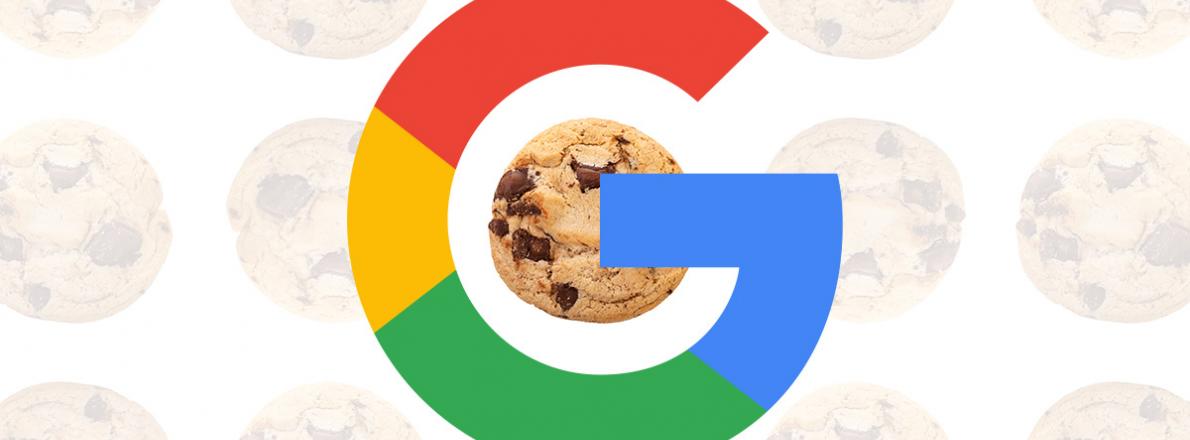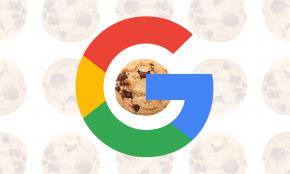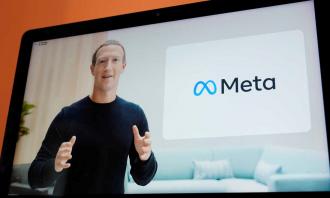


Nissrine Fessikh
06-08-2021 6 min readThe end of Cookies is postponed until 2023, announces Google
Google has announced that it will delay stopping third-party cookies until the end of 2023 due to "growing industry opposition and feedback that it has received in the testing possible replacements."
Why is Google delaying the end of the cookie era?
Last year, Google announced that it would end cookie support in Chrome in early 2022 "once it understands how to meet the needs of users, publishers and advertisers and provide tools to mitigate workarounds". But the latest plan will phase out support for third-party cookies starting in mid-2023, with cookies completely gone by the end of the year
Following the announcement, shares of ad technology companies such as The Trade Desk, Criteo, and LiveRamp saw a significant increase of 6% to 16% on Thursday morning.
So what should marketers do in the meantime?
What is a cookie?
A cookie is a small text file in the browser that websites can write to, specific to a device (sometimes referred to as the user). Cookies have been around since 1994 for the initial purpose of improving the e-commerce experience.
Google a annoncé qu'il retarderait l'arrêt des cookies tiers jusqu'à la fin de 2023 en raison de "l'opposition croissante de l'industrie et des commentaires qu'il a reçus lors des tests de remplacements possibles"

What are the 2 types of cookies?
First Party Cookies :
Internal cookies are created, published, and controlled by the website you are visiting and help remember your shopping cart, items you have viewed, and preferences to improve the user's web experience. Internal cookies collect behavioral data to help the website owner improve its services. This type of data collection only relays the data to the web domain owner.
Third-party cookies:
Third-party cookies are set by a third-party (ad-tech) server via code placed on the web domain by the domain owner. The data collected on third-party cookies is accessible on any website that loads the code from the third-party server. Third-party cookies allow advertisers to track users across the Internet (cross-site) and target advertising wherever that user goes.
Pro tip: Cookies are sometimes confused with other nomenclatures such as pixels, tags, and scripts, but it's important to understand that they are not the same thing.
How do cookies work in e-commerce?
Cookies have evolved in a third-party context; many companies use website cookies to track user activity so that advertisers can use targeted ads.
Today, many digital marketing capabilities are powered by cookies. We use them to track website visitors, improve the user experience, create personalized site experiences and collect data to help target ads to the right audiences. We also use cookies set by advertisers to better understand users when they are not on our website; this is the part that goes away.
Advertisers use third-party cookie data to learn more about a visitor's overall online behavior. Without third-party cookies, we lose the ability to understand which websites a user visits frequently, what purchases they make, or what interests they have shown on other websites.

Marketers need to be ready for attribution, measurement, exposure limitation and removal, insights, segmentation, activation, and retargeting to be disrupted in 2021.
Privacy-focused web browsers such as Firefox, Safari, and Brave already blocking third-party cookies, and Chrome has announced that they will disapprove third-party cookies this year. This change will be the last shoe to drop that will kill the cookie as we know it.
Google has announced that its Privacy Sandbox and other privacy initiatives will gradually make third-party cookies "obsolete".
« After an initial dialogue with the Web community, we are confident that with continued iteration and feedback, privacy-preserving mechanisms and open standards like the Privacy Sandbox can maintain a healthy, ad-supported Web in a way that will make third-party cookies obsolete », writes Justin Schuh, director of Chrome Engineering.
Why are cookies disappearing?
Cookies power all the ways we track, target, and measure digital advertising performance. Cookies silently follow users. As an industry, we haven't done a great job of educating users on how and why we use cookies. And we haven't given people a way to opt-out.
As a consumer, you have little control over who collects this information or where it goes - you can delete cookies from your own browser, but you'll never be able to manage or delete servers containing third-party data that have already been collected.
In response to the perceived lack of transparency and control for individuals, data breaches, and the " « fearfulness » of advertising, a privacy legislation in the EU and California now gives users control over their data. Indeed, these policies give users the ability to block various tracking technologies or request the deletion of their data. Technology companies have also responded by giving users control over how their data is used in both browsers and devices.
Third-party data versus third-party cookies
It is important to note that while third-party cookies may be gone, third-party data is not. Companies will need to find other ways to access this information via membership cards, loyalty programs, email subscribers, social media information, etc.
Next Steps for Marketers in a Cookie-Free World
Make no mistake: cookies are an important tool for advertisers to track and collect critical data to inform user behavior and targeting on the Web.
Reducing the ability of advertisers to track and understand user behavior will undoubtedly affect the effectiveness of cookie-based targeting practices.
From the fallout of the Cambridge Analytica data controversy to Apple's iOS 14 update to the consent and big data controls of the GDPR in Europe and the CCPA in California; we are in the midst of an industry-wide crackdown on third-party data practices that were once taken for granted by advertisers.
This will have an impact on advertising, however. Intermediate ad technology players may have smaller data pools. CPMs for quality data will likely increase. Many advertisers will need a more sophisticated approach to make ads more relevant instead of just looking for what they think is the right target.
This is one of the many reasons why advertisers need to put more emphasis on creative performance in order to create relevant, high-quality user experiences.
Don't miss any news, subscribe now!
Related articles
Publications recommandées





